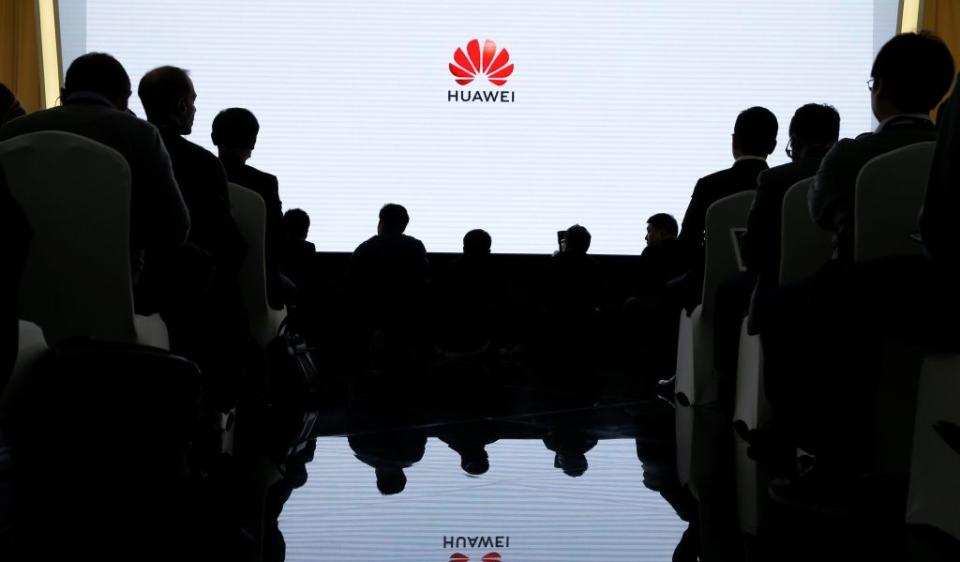The US says Huawei had a bonus program for employees who stole trade secrets

Among the details embedded along with two dozen allegations that the US brought against Chinese telecom giant Huawei on Monday (Jan. 28), one stands out: a supposed bonus program for stealing trade secrets.
In an indictment for conspiring to steal trade secrets and other charges brought in the Western District of Washington on Jan. 16 (pdf), but only unsealed this week, the US describes alleged efforts by Huawei to steal technical specifications related to Tappy, a robot that Bellevue, Washington-based T-Mobile USA developed for testing phones.
The indictment alleges that Huawei’s China office directed Huawei engineers working with T-Mobile in the US to fulfill a contract to supply phones to steal photos, measure the robot, and even steal a part. When the behavior was discovered, the indictment says Huawei tried to mislead T-Mobile and claim the employees were acting on their own.
The US alleges that (p. 19-20), apart from emails showing the actions were taken at the direction of senior staff, a 2013 bonus program encouraged employees to steal competitors’ secrets and post the information on an internal website, in exchange for financial reward:
On July 10, 2013, at the same time that Huawei China and Huawei USA were falsely claiming that the conduct of A.X. and F.W. was “isolated,” constituted a “moment of indiscretion,” and was contrary to Huawei’s corporate policies, Huawei China launched a formal policy instituting a bonus program to reward employees who stole confidential information from competitors. Under the policy, Huawei China established a formal schedule for rewarding employees for stealing information from competitors based upon the confidential value of the information obtained. Employees were directed to post confidential information obtained from other companies on an internal Huawei website, or, in the case of especially sensitive information, to send an encrypted email to a special email mailbox. A “competition management group” was tasked with reviewing the submission and awarding monthly bonuses to the employees who provided the most valuable stolen information.
An email sent by HR at Huawei USA two days later about the program said “here in the USA we do not condone nor engage in such activities and such a behavior is expressly prohibited by [Huawei USA’s] company policies” but also said “in some foreign countries and regions such a directive and award program may be normal and within the usual course of business.”
In a statement, Huawei said that the trade secrets matter had been resolved as a result of a civil suit brought by T-Mobile in 2013. A Seattle jury found Huawei had breached its contract with T-Mobile and ordered it to pay $4.8 million in damages. Huawei declined to comment when asked by Quartz whether such a bonus program had existed.
Sign up for the Quartz Daily Brief, our free daily newsletter with the world’s most important and interesting news.
More stories from Quartz:
